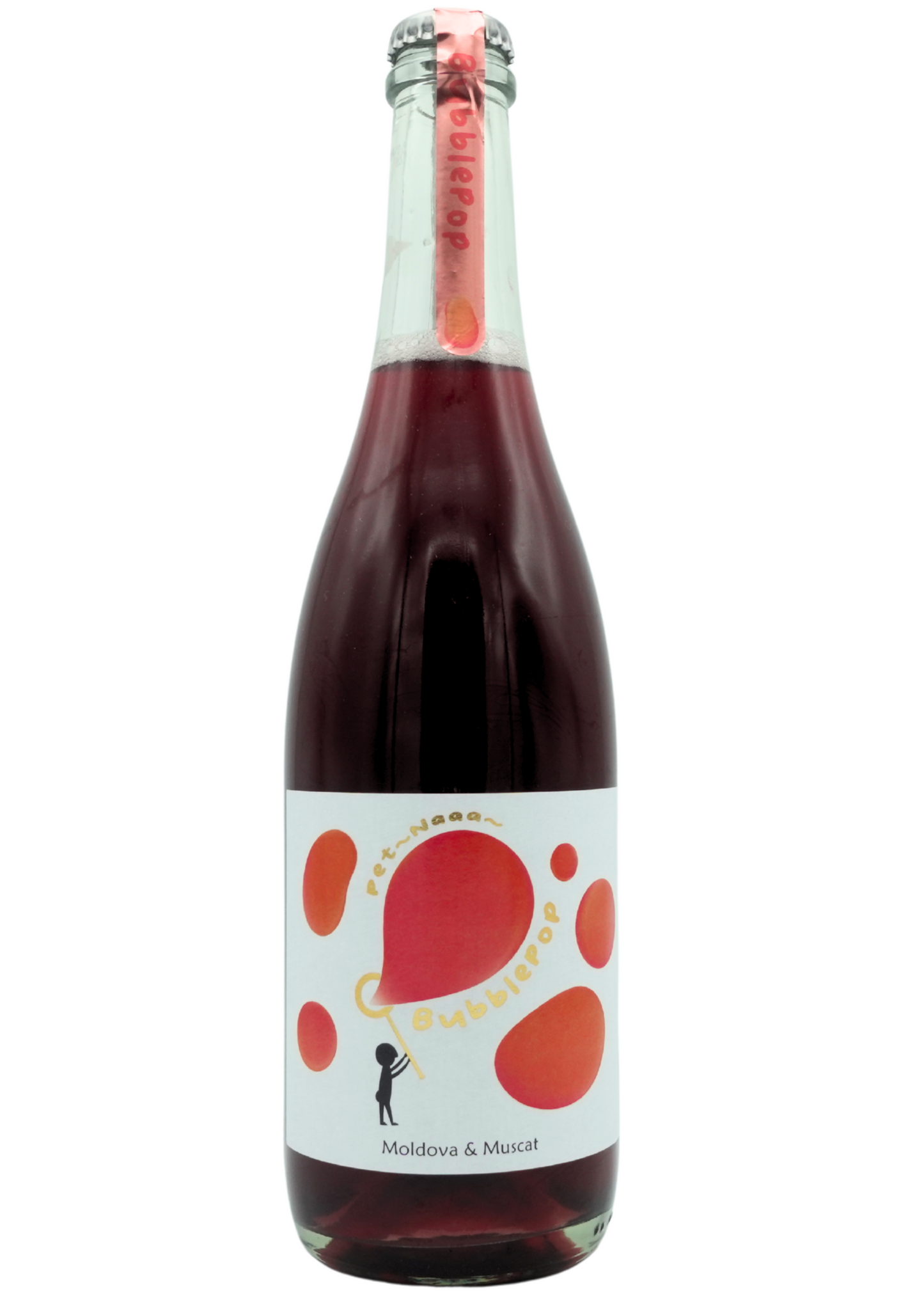Mingdi Wines Bubblepop Pet-Nat 2024
Mingdi Wines Bubblepop Pet-Nat 2024
Couldn't load pickup availability
Produced in the ancestral method with young vines Moldova and Muscat. Fresh and effervescent, this sparkling rosé is delicious to have out in the sun with friends, whether it's a picnic, barbecue or beach party.
APPELLATION Ningxia, China
VARIETY Moldova, Muscat
ABV 12%
STYLE Fresh&Juicy
WINEMAKER Jingquan Mingdi
ABOUT THE REGION
Ningxia is a dry and arid region in the north-west of China, rich in history and terrain. With altitude reaching up to 1,200m and an average rainfall of 200m, this region is known to be suitable for Bordeaux blends due to the similar latitude, and bold, flavoursome whites. The versatility in the 32,000 hectares of vines in this region can be felt from not only the terroir, but the direction in winemaking. With the world only just getting wind of Chinese wines, Ningxia is a wild west in winemaking. The low-fi wines that we represent are only a fraction of the market, and in the years to come, we may only see more to come.
Share

Organic, Biodynamic and Natural wine. What’s the difference?
To understand this concept and its various ramifications, it is necessary to keep something clear in mind: before the 20th century and the spreading of affordable synthetic fertilisers, all farming was organic. When the shift to the use of synthetics and pesticides happened, it became necessary to diversify traditional organic farming from the new modern farming.
ORGANIC WINE
Simply put, organic farming forbids the use of synthetic fertilisers, synthetic pesticides, herbicides, or genetically modified organisms. The basic requirements are generally specific and engage the farmers not to use any chemical fertilisers and other synthetic products in the vineyard. It does not prevent the vintner from using the conventional winemaking process after harvesting.
BIODYNAMIC WINE
Let’s take organic farming one step further: Biodynamic. The creator of this agricultural system is the Austrian philosopher Rudolf Steiner, who developed the principles of biodynamics in a series of lectures given in 1924 in Germany. Here lies the foundation of true organic wines, with a strict limit in the use of additives, stringent requirements and at the end obtaining a biodynamic certification.
NATURAL WINE
The previous definitions are usually, and rightfully, associated with it, because most natural wine is also organic and/or biodynamic. But not vice versa!
Natural wine is wine in its purest form, simply described as nothing added, nothing taken away, just grapes fermented. No manipulation whatsoever, minimal intervention both in the vineyards and in the winery. Healthy grapes, natural yeast and natural fermentation, with no filtration nor fining. Sounds easy, right? However, making natural wine is unforgiving and it requires a bigger amount of work than conventional wine. To this day, natural wine has no certification yet.

